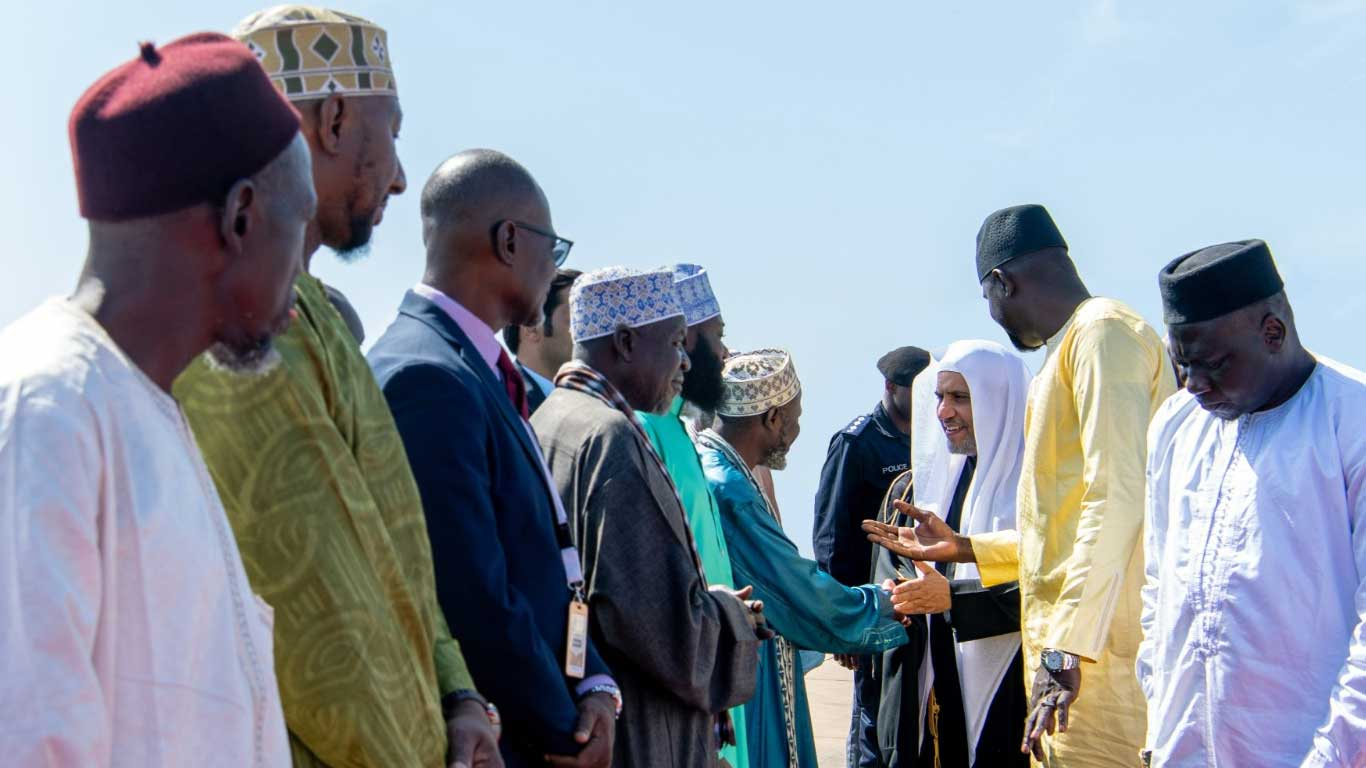The Gambia is an often overlooked travel destination that offers a unique experience to visitors. Its scenic beauty, welcoming people, and affordability make it an attractive option for travelers. Additionally, for Muslim travelers, Gambia’s abundance of halal food options, prayer facilities, and Islamic heritage sites make it a comfortable and convenient place to visit.
History
Muslim history in Gambia dates back to the 11th century when Arab traders established trade routes along the West African coast. The spread of Islam in the region was gradual, and by the 13th century, several Islamic empires, such as the Mali Empire and the Songhai Empire, had emerged in West Africa.
Islam continued to spread in the Gambia during the 18th and 19th centuries, as Muslim scholars and traders from neighboring regions such as Senegal, Mauritania, and Mali came to the Gambia to spread the religion. In 1901, Gambia was declared a British colony, and Islam remained an important aspect of Gambian society and culture.
Today, Islam is the dominant religion in Gambia, with over 90% of the population identifying as Muslim. The country has a rich Islamic heritage, with several historic mosques and Islamic sites, such as the famous Kunta Kinteh Island, which was once a center for the slave trade and is now a UNESCO World Heritage site. Additionally, Gambia is home to several Islamic schools and institutions, which provide education and training in Islamic studies.
Muslims visiting the Gambia can have several opportunities to explore and engage in various activities. Some of these opportunities include:
- Praying at the famous mosques: Gambia is home to several historical and beautiful mosques, including the famous King Fahd Mosque, built by the King of Saudi Arabia.
- Visiting Islamic heritage sites: Gambia has a rich Islamic heritage, and visitors can explore historical sites such as the Jufureh Island, believed to be the birthplace of Kunta Kinte, the famous character in the book Roots.
- Engaging in charity work: Gambia is a developing country, and visitors can engage in charity work to support local communities. This could include sponsoring a child’s education or contributing to a community development project.
- Enjoying halal food: Gambia offers a range of delicious halal food options, including local dishes and international cuisine.
- Exploring nature and wildlife: Gambia is known for its beautiful beaches, national parks, and wildlife reserves, providing ample opportunities for adventure and exploration.
- Learning about different cultures: Gambia is home to various ethnic groups, and visitors can learn about their traditions, customs, and way of life.
- Participating in cultural events: Visitors can experience various cultural events, such as the annual Roots Homecoming Festival and the Kankurang Festival.
Overall, Gambia provides an excellent opportunity for Muslim visitors to explore Islamic heritage, engage in charitable work, enjoy halal food, and experience various cultural and natural attractions.
Muslim families visiting Gambia can immerse themselves in the local life and culture by staying in a traditional Gambian village or homestay. This allows them to experience firsthand the Gambian way of life and interact with the local people. They can participate in daily activities such as cooking, farming, and crafts, and learn about traditional Gambian customs and traditions.
Additionally, Muslim families can visit local mosques and attend Friday prayers with Gambian Muslims. They can also visit Islamic schools and learn about Islamic education in the Gambia. Engaging with local communities through volunteering and participating in community service projects is another great way to connect with the Gambian people and give back to society.
Finally, Muslim families can explore Gambia’s beautiful natural landscapes, such as its beaches, wildlife reserves, and national parks, and enjoy activities such as hiking, bird watching, and boat rides. They can also sample traditional Gambian cuisine, which includes dishes such as yassa, domoda, and benching, and shop for handicrafts and souvenirs at local markets.


